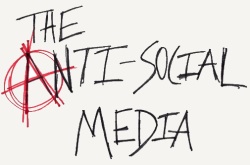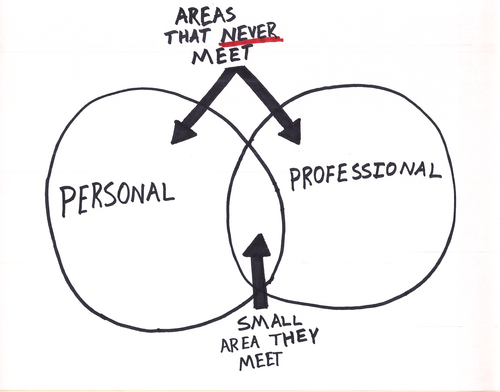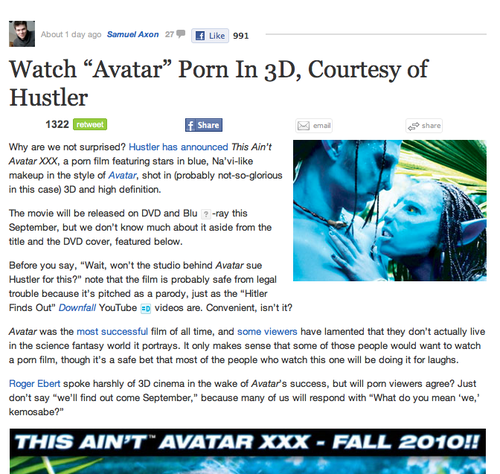How many times do you log onto Twitter, Facebook, LinkedIn, or any social network in a day? Once? Two times? At least fifteen? If you’re in the last group, you’re a loser I won’t judge you, but how many times do you stop to think abut why you are actually going onto a social network?
Why you use a social network is what the professionals call a social media strategy.
While that sounds great for businesses, for the rest of us, it seems a above our heads. Do we need to plan on a chart or break out some whiteboards? Is this strategy supposed to be like a battle tactic? Do I need a sword and shield, and should I prepare to make enemies?
It’s actually much simpler. All you need to do is ask “Why am I using this tool?”
Boil your reasons down into a verb describing why you’re spending time online. Are you keeping up with friends? Finding the latest news? Growing your business? Think it over. Now, find a piece of paper and write this out.
I use (Social Network) to (Action).
There’s your answer to why. Now let’s fill in some of the ways we can accomplish this goal. Here’s where you can get creative. Consider publishing awesome content. Or, try finding and sharing cool stuff. Or you can message and interact with people. These are some simple ways to go about it. Go crazy and think of ways you can accomplish your goal. Once you get three, add them to your statement. You can always add or subtract methods, but three is a good number to start with. Your statement should look something like this:
I use (Social Network) to (Action) by (Method 1), (Method 2), and (Method 3).
So, we’ve got the basis of a social media strategy here. If you’ve come this far, you aren’t an idiot, so let’s make this an even better strategy by adding a goal you can measure. You could do this by tracking sales, getting number of followers, or tracking how popular your website becomes. Either way, you’ll need to figure out what you can measure and how to measure it.
So now, our statement looks like this:
I use (Social Network) to (Action) by (Method 1), (Method 2), and (Method 3). I will be successful when (Goal).
This is my statement. Yours should look something like this:
I use Twitter to promote my blog, the Anti-Social Media, by publishing awesome content, interacting with smart, funny people, and sharing hilarious content. I will be successful when I have 1,000 followers and I am listed 200 times.
That took me three minutes to come up with. Stop looking at whatever site is distracting you, write out your goal for each social network, how you’re going to do it, and how you’ll know you accomplished that goal.
Got all that? Now, get to work making it happen.


